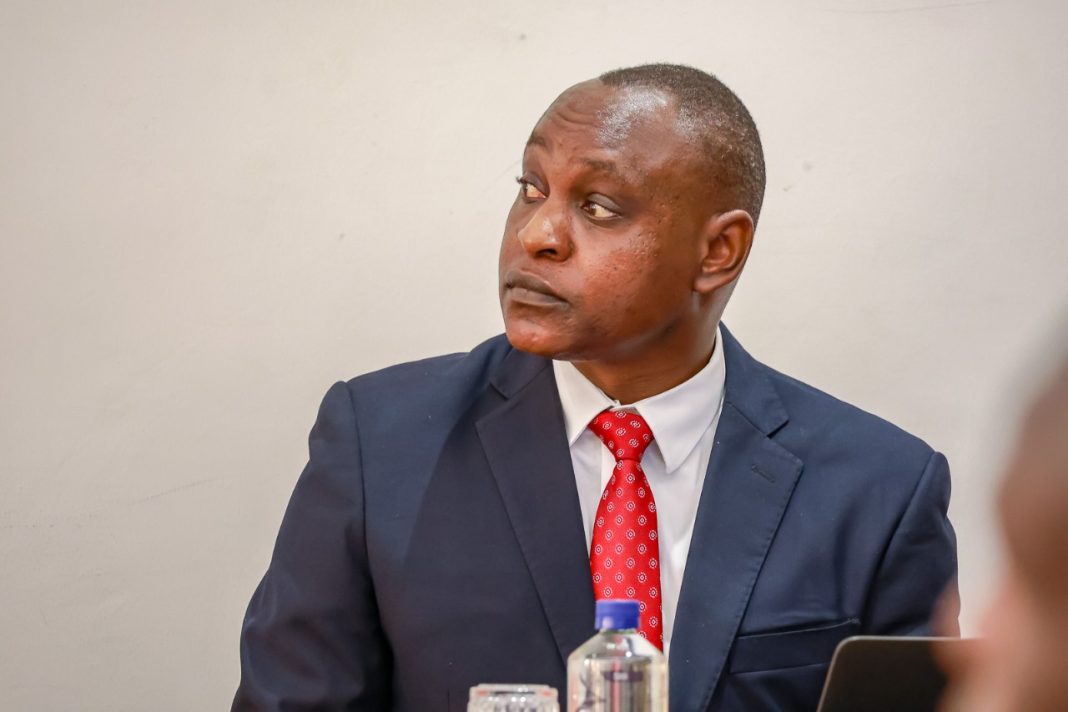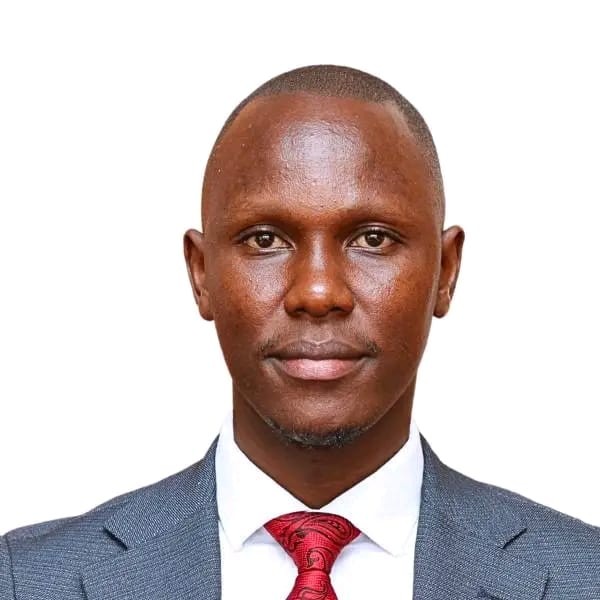By Billy Mijungu
Today I want to help Members of Parliament achieve the funds they so desperately desire. But like climbing a ladder, you cannot begin from the middle. To defend something, you must start at the very foundation.
Our legislators are pushing laws from the middle and that is why it will not work. Recently the High Court stopped Parliament from forwarding the Constitution of Kenya Amendment Bill 2025 to President William Ruto for assent. The ruling confirmed what many already know.
This circus will not end until the Constituency Development Fund, and its cousins in the form of affirmative funds, are removed from the current constitutional order.
The Bill was ambitious. It sought to entrench three funds into the Constitution. These were the National Government Constituencies Development Fund, the Senate Oversight Fund, and the National Government Affirmative Action Fund.
On paper the proposal looked neat and tidy. But in reality it completely missed the starting point. The right place to begin is not with money. It is with the role of Parliament itself.
Parliament was created to legislate, represent, and oversee. Those three roles are well known and have guided the institution since independence and more clearly under the 2010 Constitution. But nowhere in those roles does the Constitution provide for Parliament to implement projects or manage funds.
That is why every attempt to entrench the CDF or similar funds has run into legal headwinds. The courts are not inventing obstacles. They are simply applying the law as it stands.
If MPs truly want these funds protected, then they must be bold enough to change their own job description. They must propose the addition of a fourth role of Parliament that explicitly caters for affirmative action and development related funds.
Only then will there be a legitimate constitutional hook to hang these funds. Without that foundation, all efforts to sneak funds into the Constitution will collapse under judicial scrutiny.
This is a hard truth. It means MPs must make a choice. They must ask themselves whether they want to remain lawmakers or whether they want to transform into project implementers. They cannot be both. In a functioning democracy, those roles are separated for good reason. Lawmakers make the rules.
The Executive implements. The Judiciary interprets. When MPs cross into the Executive space, they upset the balance and weaken the very system they swore to protect.
It is also time for the Constitution to be applied in full. The Controller of Budget must now be firm and decline to release money to affirmative funds that have no proper constitutional anchor. The Auditor General knows what must be done and should not look the other way. If Parliament wants to expand its mandate, it should do so openly through constitutional amendment and not through shortcuts.
This conversation is bigger than just money. It is about institutional discipline and the future of our governance system. If we allow Parliament to continue grabbing roles that do not belong to it, we shall have a legislature that is neither effective in lawmaking nor efficient in project delivery. We will continue to see duplication, wastage, and endless battles in the courts.
Kenyans must also reflect on their own choices. For years, voters have judged MPs not by the quality of laws they make but by the projects they bring to the constituency. This mentality has trapped Parliament in a cycle where legislators campaign as development contractors rather than lawmakers. Until we as citizens decide that our MPs are primarily law and policy makers, we will remain caught in this tug of war between Parliament and the Constitution.
In conclusion, the fight to entrench affirmative action funds in the Constitution cannot be won by pushing amendments from the middle. It must start with redefining the role of MPs. Once that foundation is laid, the rest will follow logically and lawfully.
Until then, every attempt will collapse in court and every effort will remain a political circus.
MPs must let go of functions that belong to the Executive. Whoever wants to expand into development and project implementation should choose a career within the Executive where that mandate truly belongs.




